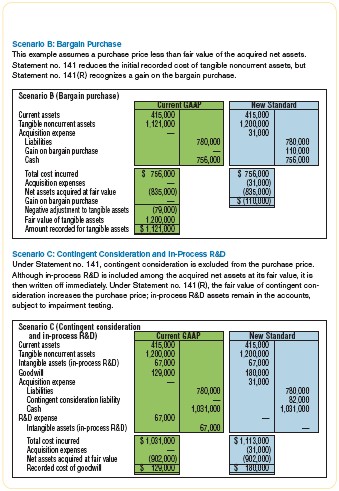How to Bill a Client Efficiently: Mechanics Explained

Billing is an extremely important task for any business to maintain the cash flow and to keep the business financially flowing. Maintaining a positive cash flow throughout the year is a necessity for any business. Get insights and advice from over 500 agency leaders on how to run a more efficient and profitable business. See more of what Teamwork.com can do for your business now — get started now for free, view our comprehensive pricing plans, or book a demo today.
Time tracking is the process of monitoring and recording the time spent on activities, tasks, and projects. Billing can be a pain point for many small business owners who don’t feel comfortable talking about money with clients, or who don’t have the time to track down missing payments. While month-to-month invoices might be necessary for some clients, you might want to consider moving some to retainer agreements.
Transfer clients to a retainer agreement with recurring payments
Ideally, you have a platform that acts as your control center for your entire service business. A platform that can not only handle payments, but can also do things like client onboarding, client reporting, and contract creation — all in a centralized client portal. The first step to client billing is to choose a platform that allows you to collect payments. instagram is not for kids There are a handful of different options out there, with the most popular being Stripe or PayPal. This step is optional, so if you’re billing a client for the first time you may not need to set this up right away.
Use time tracking to record and track billable hours
As mentioned earlier, there are many complications in the invoicing process that can make it hard for small businesses and freelancers to stay on top of their billing. Creating invoices, even when using templates, takes time that many people don’t have. When starting out, many small business owners might think that setting up contracts is too complicated, or that it requires ordinary annuity definition more legal experience than what they have. However, contracts are necessary for billing your clients properly — and for ensuring that you receive payment for your services. E-invoicing helps with automating invoice creation and payment follow-ups, saves time on formatting, and speeds up the entire process. Automating invoice generation for recurring invoices means you’ll never forget to send an invoice.
Otherwise, you’ll have to wait for it in the mail and then take it to your bank to cash it. The longer and harder the process, the more likely customers will push aside paying you immediately. However, if you’ve yet to create a contract, a simple email with you both stating “I agree” will suffice. So in this article, we’re going to focus on how to bill a client like a pro so your company gets paid.
Accept as many payment methods as possible
The platform also helps you track your time, manage expenses, and stay on top of overdue payments with automatic reminders. It’s like having a personal finance assistant that makes your agency business so much easier. Project management tools are all-in-one solutions that can simplify many aspects of billing by unifying diverse financial processes within a centralized platform. For instance, tools such as ClickUp not only offer a comprehensive CRM solution but also provide time tracking capabilities, client overviews, and automated reminders.
Why & How to Thank Customers on Invoices
This means you have to partner with third-party payment processors to make this happen. It’s best to involve the client in this so they’re able to pick a plan that meets their financial needs. Likely, you’ll end up with different payment plans for each client in some cases. But you definitely want to get something down on paper for legal purposes. Your word against theirs won’t account for much if the two of you ended up in civil court for non-payment.
- Are they open to invoices at any time – or after each project or milestone completion?
- Being open and honest about your terms and conditions is essential because it will pave the way for a fruitful working relationship.
- Invoicing and billing are fundamental business tasks — that’s how you get paid, which is always a good thing.
And this is why you’ll find many now using automated payments via platforms like invoicely. It’s the “copilot” to your service business — helping to create a great client experience at every stage of your client relationships. Copilot keeps this in mind, which is why there’s also an integration with QuickBooks. This integration allows you to easily sync your invoices and payments with your accounting software, making sure that your financial records are always up-to-date and accurate. By debits and credits now, you should have everything you need to send invoices and get paid. You also need to be mindful of administrative tasks like bookkeeping and taxes.

That means including your logo and changing the font and/or color choices to match your brand’s color scheme and look. With most invoice builders, you’ll only need to do this once, and then you can save it as a new invoice template. It’s easy to get the hang of online invoicing, because the tools help simplify the whole experience.
To an extent, the financial stability of small business owners and professionals rides on how well they handle client billing processes. A client billing solution involves creating detailed invoices with itemized goods and services, provided along with the unit price, quantity sold, and total amount due. By the end, you’ll be able to maneuver your billing logistics to facilitate timely payments and build long-term client relationships. Poor billing practices are some of the most common reasons behind late payments. An invoice filled with errors or unclear components will not only slow down your cash inflow but may also be perceived as sloppy and unprofessional by your client.
